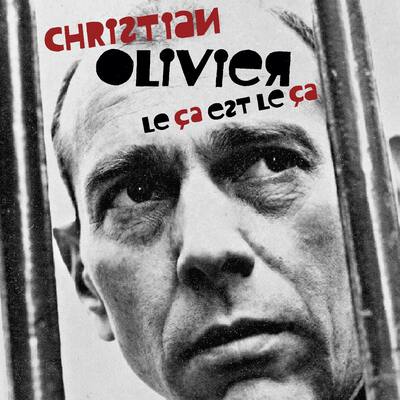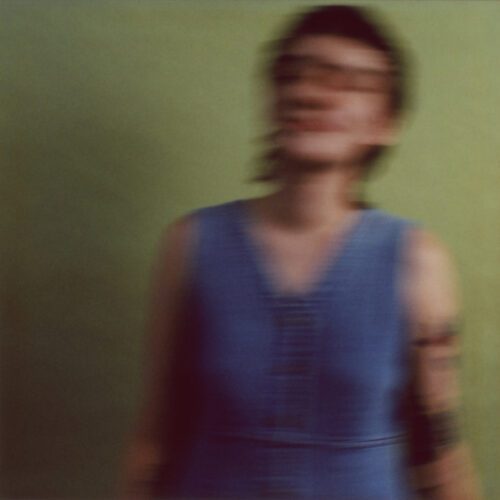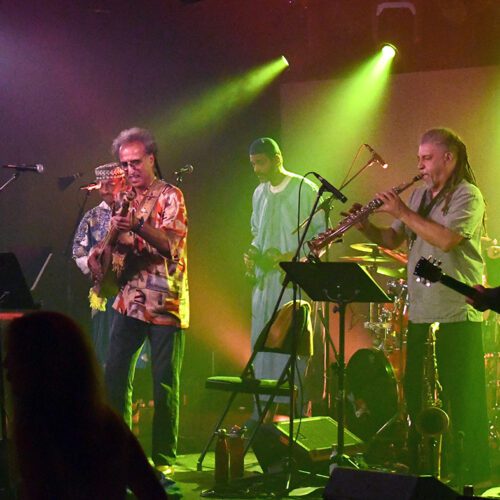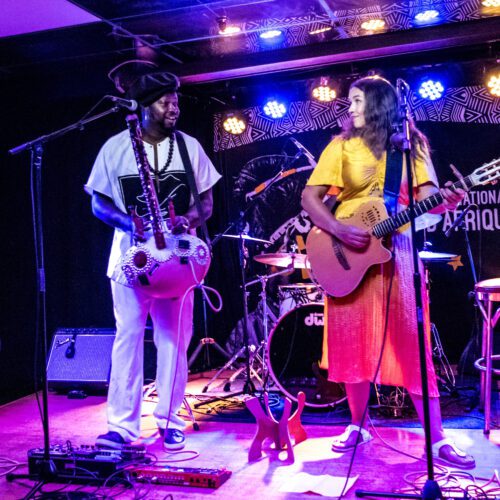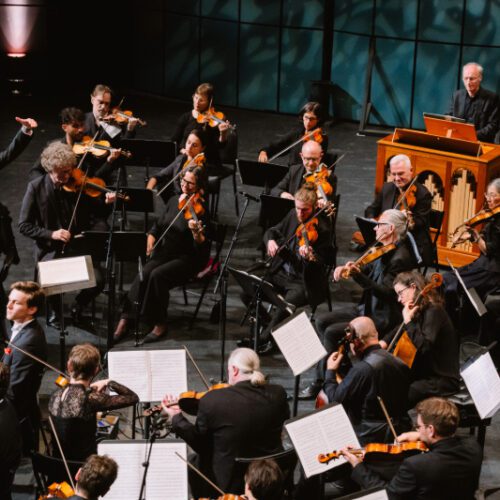When I learned that the standard-bearer of Les Têtes Raides, a flagship group of the French alternative scene since the mid-1980s, was launching a new album, the enthusiasm clicked.
But a dark cloud full of doubts appeared over my head when I read somewhere that this was an album that paid homage to the artist’s “Slavic roots”.
Did the interpreter of the captivating Ginette go there with a felt support, even indirectly, for Putin’s barbarism in Ukraine? After all, there are still some, on the left, to support it out of loyalty to communism, campism, and/or primary anti-Americanism…
Quickly, I regained my enthusiasm when I learned that the 12 Russian poets mobilized for this project (Mayakovsky, Pasternak, Essenin, Akhmatova, Harms, Blok, Tsvetaïeva, Bunin, Voloshin, Khlebnikov, Zdanevich and Mandelstam) were translated by no other than André Markowicz. Publisher and poet, the latter is also a translator, notably of Dostoyevsky, but it was as a great defender of the Ukrainian cause that I discovered him on his Facebook page, where he publishes luminous, literary, and captivating political chronicles. To those who criticized him for participating in this project highlighting Russian poets after the Boutcha and Mariupol massacres, he moreover replied: “(…) the poets, the writers whom I translate and whom I love, they all, in one way or another, fought against the moloch of the Russian state, whether it is the imperial, Soviet or Putinian state. They have all, personally, been crushed by this State (…). Because there is, in this poetry, all the human fraternity, and all the indignation, and the beauty, and this fragility so powerful that it is stronger than anything (…). »
And it is true that the deep and incantatory voice of Christian Olivier is perfectly suited to this exercise. Indeed, the one who sang Prévert with Yolande Moreau on an album released in 2017 plunges us here into the heart of the Russian soul.
If the first extract Le ça est le ça from the album of the same name is inspired by the verses of the satirical poet and master of the absurd Daniil Harms, the conceptual work, of music by Olivier, immerses us in an atmosphere very more tragic, which sways between the pre-revolutionary euphoria of bright tomorrows and the fear of losing one’s skin. Very well rendered in What is beautiful what elevates, for example
Moreover, the titles alone are very evocative of the general atmosphere: “The revolution in the heart”, “The ax” (magnificent clip), “In the blaze of snow”, “At the bottom of hell” , “Order No. 1 to the army of art”, etc.
Quite far from the festive-melancholy atmosphere and the musette circus of Têtes Raides to which fans are accustomed, this album acts as a “cinema for the blind” with its revolutionary atmosphere where words are magnified by the spoken/sung voice of Olivier an atmosphere that is both tense and feverish: metal guitars, vintage piano, accordion, electro, in a production signed Édith Fambuena (Bashung, Higelin, Miossec…). Excuse me a bit.
Born 4 years ago, so before the Ukrainian invasion of February 2022, this project also includes drawings and a 40-page booklet. This universe has also, and above all perhaps, been designed for the stage with musicians, lighting, and film extracts.
Never mind, you can enjoy it very well at home, safe from bombs, light off, vodka in hand and… gun in sight.
